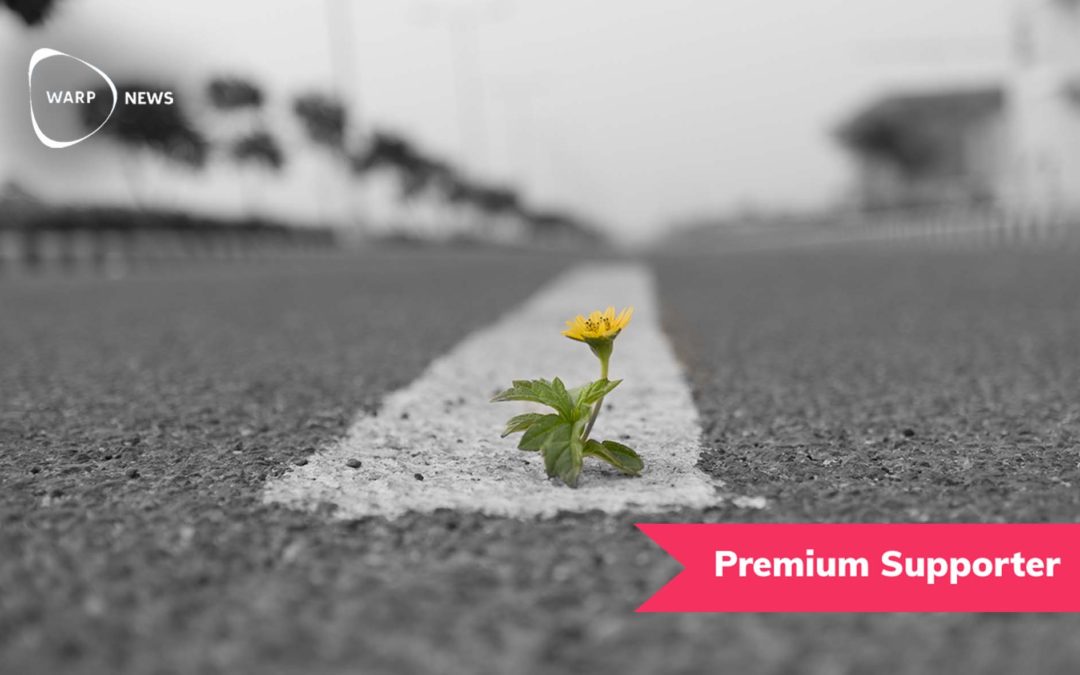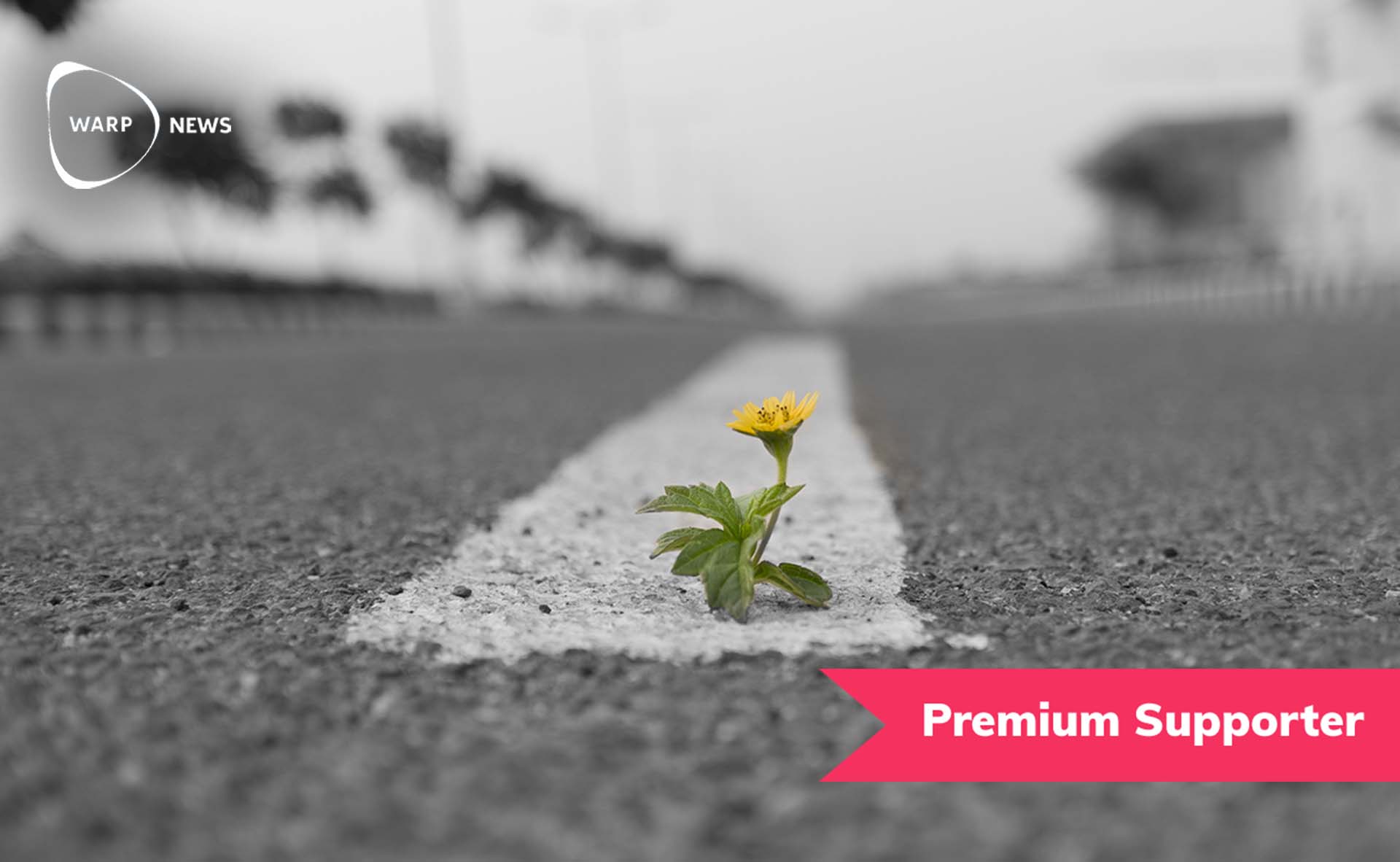
Classical age, romanticism, the industrial revolution, post-war development, and the current digital revolution. These are the main periods in which human beings have developed the best inventions, increased the well-being of humanity the most, and pushed courageously towards the future.
But what was behind all these revolutions? Basically, all of them were driven by a creative impulse: the search for something better on a collective level.
Now, let's think about the long-awaited ecological transition.
Here, motivations are based on fear: the fear of losing our natural habitat and destroying the planet itself and its life forms. It doesn't seem to be a creative push, but more like running for cover from a monster.
This has spawned inventions based only on one factor: reducing our environmental mistakes. A few examples are biofuels using resources destined for human alimentation, green but very expensive cars, recycled products of very low value, like paper and glass.
There is a risk here that we hastily destroy everything good we have created in thousands of years of evolution. We increase rather than reduce our problems with a one-dimensional logic only about reducing the environmental impact.
Recognizing the winning logic
First of all, doing the environment genuinely good means doing good for everyone. We live in an interconnected whole, in which nature, animals, and humans are interdependent.
Secondly, environmental respect can be very profitable. It can be a business: interpreting waste as an asset to be valued and not as a waste to be disposed of leads to greater income possibilities and lower raw materials costs.
The ecological transition is essentially convenient for everyone. Let's think, for example, of a zero impact house, perfectly isolated and energy independent:
- the environmental impact decreases
- allows having a more comfortable home
- allows not depending on fluctuation fuel and electricity pricing and instead becoming self-reliant with, for example, solar panels
- saves money on heating
- allows creating new business opportunities for companies that retrofit houses and related things
This is an excellent example of cascading benefits and win-win logic: no one loses, everyone wins.
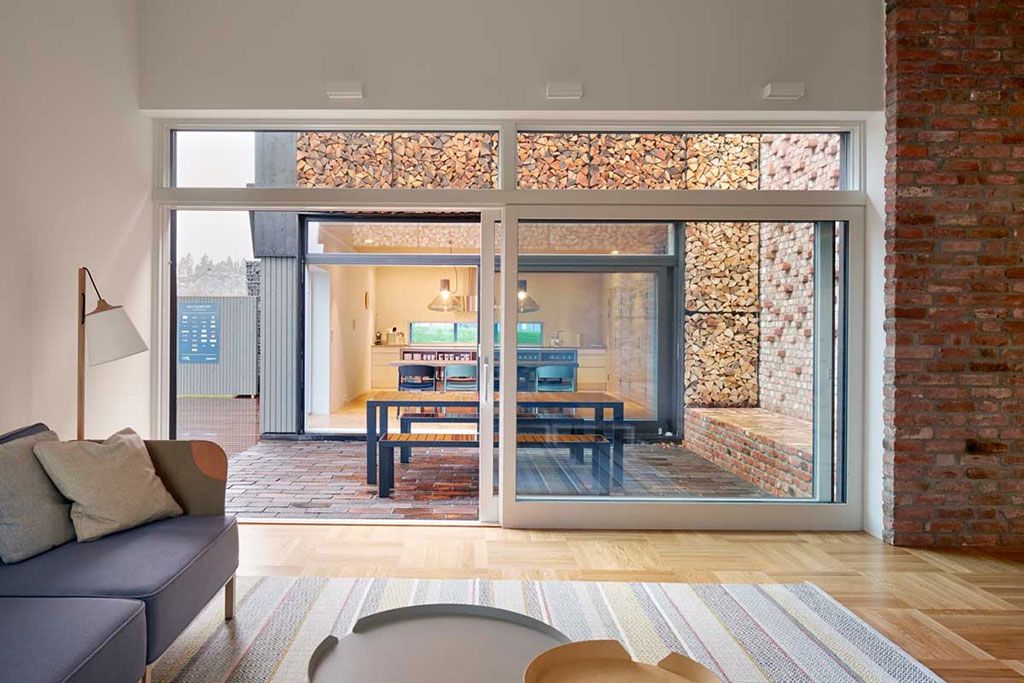
Going beyond utility
So the true ecological revolution can be a good opportunity for everyone, both on a practical, environmental and economic level. It would essentially be a question of developing a new model of economy recognizing waste senselessness and the convenience of independence.
However, an essential element is missing for people and companies to be genuinely driven towards a sustainable world. This is the engine of the creative drive: the desire to change.
To go further, we must recognize the intrinsic beauty of respecting the environment: a clean sea, a blue sky, a forest teeming with life, but also an African child not dying of hunger. These are values that are worth fighting and changing for.
For our utilitarian and pragmatic world, it's a strong concept to digest.
But you may be wondering, what's cool about buying a solar panel? Apparently nothing. So I might ask you: what's cool about buying a car? However, a careful analysis of the payback time is rarely done when choosing a car. No, you choose the model you like best. Not for the solar panel, but why? I think it's essentially about perception and marketing.
Many designers are committed to making sustainable inventions attractive. Elon Musk was the first to understand this with Tesla: it's not enough to produce a car that runs on electricity, but it's also necessary to work on graphics and marketing to induce the purchasing need in the consumer.
For example, after solar panels, wind panels could arrive to self-produce energy in our homes. Look at the Wind Turbine Wall project by famous architect Joe Doucet.
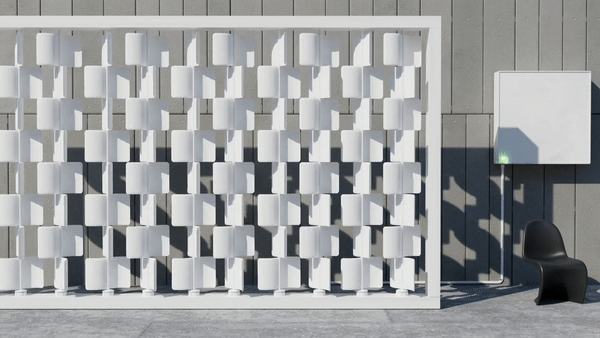
Wouldn't it be great to have one stuck to your house wall?
In addition to being aesthetically pleasing, this project is also very useful: it allows to compact the traditional wind blade structure into a discreet panel. The considerable and protruding dimensions are, in fact, the main problem to be solved before being able to bring wind farms into houses.
In Hamburg, Germany, the Algae-Powered Buildings project has been tested since 2013. It's the first house that grows algal biomass in facades to generate renewable energy, leading to enormous benefits for the economy, environment, and comfort. An energetically independent house, always at a constant temperature, not requiring polluting fuels but on the contrary absorbing CO2.
Yes, but we want to say how cool it is having glowing green algae growing in the walls while I watch TV, right? It is the new level of the home garden.
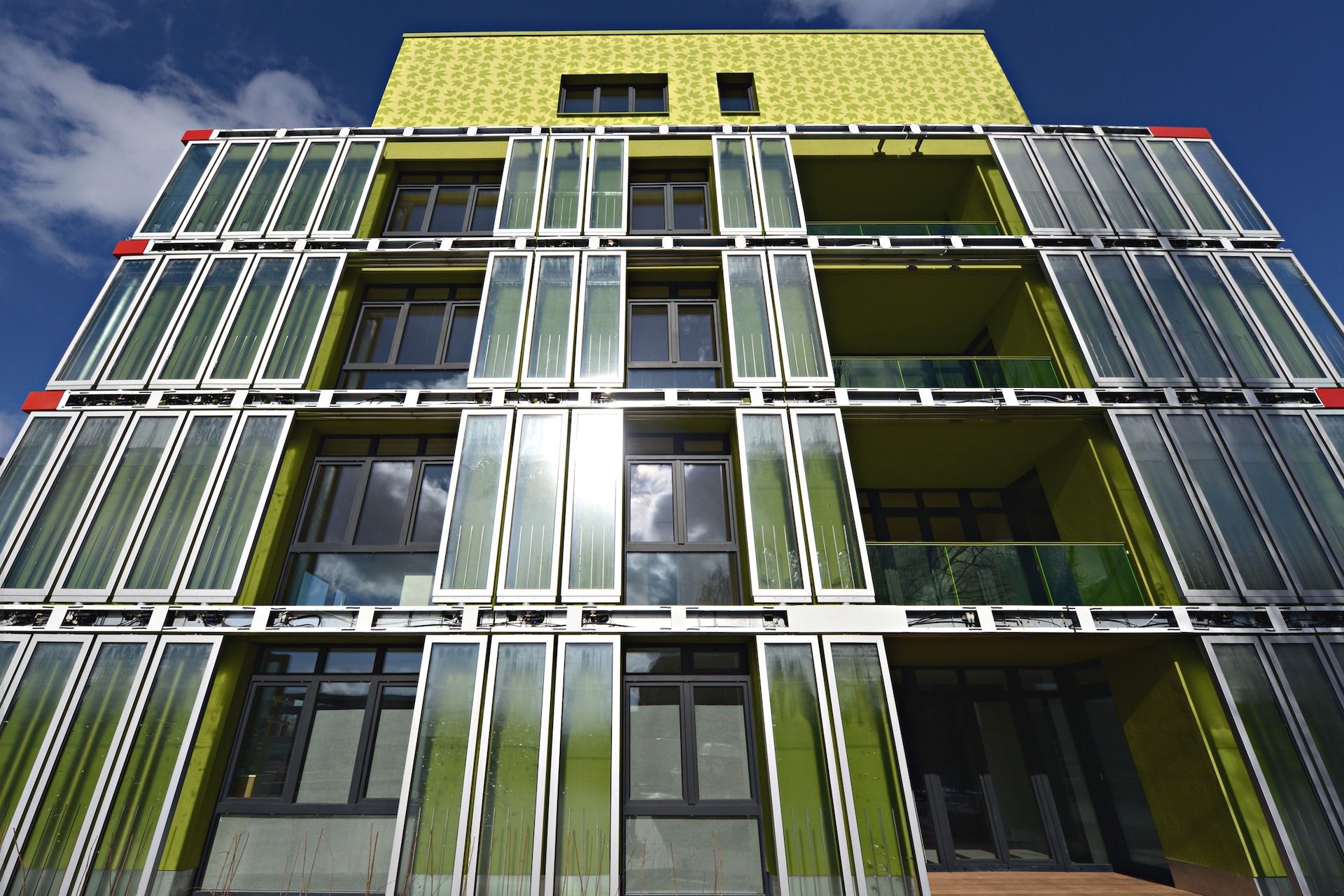
A beautiful world on the horizon
During the lockdown, for the first time, we saw how a world without polluting emissions could be like. For the first time in years, big cities had clean air and clear blue skies.
In India, in the Ganges plain, the Himalayas could be seen on the horizon. I mean, some people had never seen it in their whole life, and only then did they discover being able to see the high mountains sparkling from their balcony.
Nowadays nobody likes dirty beaches. This leads to a new sense of landscape respect. Not because it's economically useful to keep the beach clean, but – come on – would you ever have a bath with plastic bottles and leftover food? The Ocean Clean-Up project is helping us clean up beaches and seas, and successfully too.
Smart roads are coming and will enable safer driving. Moreover, roads without traffic jams with a smoother course, perhaps self-driving, will allow looking peacefully at the landscape while traveling.
City planners will no longer try to create megacities densely connected by infrastructure, where you must move quickly in a polluted environment for every need. The 15-minute city model will allow you to comfortably walk to all the useful places in a green and quiet city.
The sustainable revolution will be successful because it allows creating a profitable economic model and promotes independence and comfort.
But it will be disruptive only when it's widely recognized how beautiful it is, respecting the environment and all of us depending on it.

